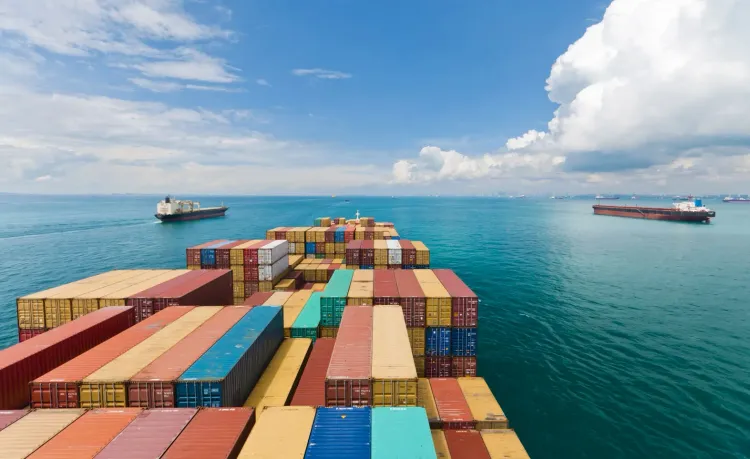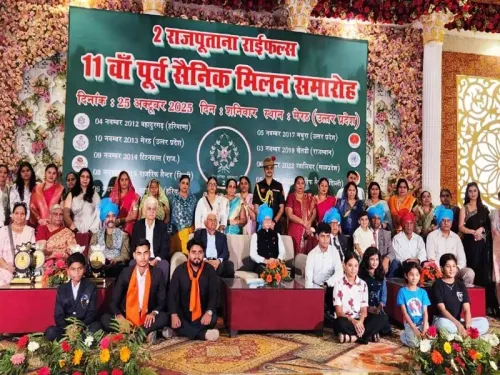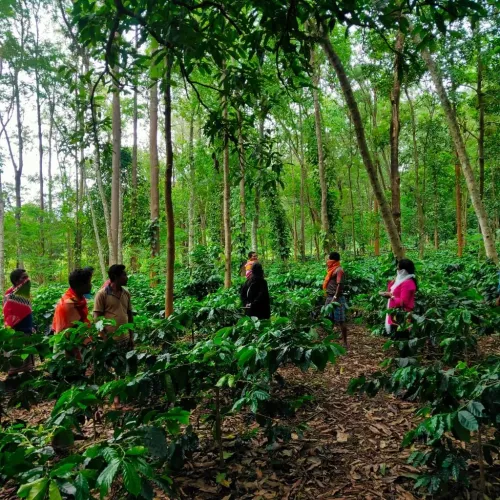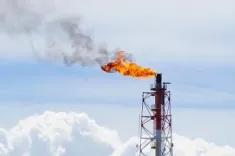Is the India-UK Free Trade Agreement a Transformational Moment for Exporters?

Synopsis
Key Takeaways
- 99% of Indian exports will access the UK market duty-free.
- Significant tariff reductions for textiles, agriculture, and services.
- Boost for MSMEs and labor-intensive sectors.
- Improved mobility for Indian professionals in the UK.
- Projected bilateral trade to reach $120 billion by 2030.
New Delhi, July 25 (NationPress): The Federation of Indian Export Organisations (FIEO) has characterized the India-UK free trade agreement as a transformational moment for Indian exporters, noting that this historic pact is projected to double bilateral trade to $120 billion by 2030, rising from the current $60 billion.
FIEO President S.C. Ralhan stated, "The India–UK FTA unveils extraordinary opportunities across vital sectors, particularly for MSMEs and labor-intensive industries. It not only lowers tariffs but also simplifies regulatory challenges for services and investments."
The agreement, signed by Union Commerce and Industry Minister Piyush Goyal and UK Secretary of State for Business and Trade Jonathan Reynolds, represents the conclusion of years of negotiations, heralding a new era in economic collaboration between India and the UK.
This agreement grants 99 percent of Indian exports duty-free entry into the UK market, with significant tariff reductions for Indian sectors like textiles, footwear, leather, gems & jewelry, toys, sports goods, marine products, processed food, and garments.
Tariffs on UK whisky exports to India will be slashed from 150 percent to 75 percent immediately, and eventually to 40 percent over a decade. Duties on automobile imports from the UK will decrease from over 100 percent to 10 percent, within specific quotas.
The FTA also enhances market access for Indian service professionals, including IT specialists, chefs, yoga instructors, musicians, and intra-corporate transferees, alongside a finalized Social Security Agreement to eliminate dual contributions for Indian professionals working in the UK.
Ralhan stressed that this FTA will significantly elevate India’s manufacturing and services exports while attracting UK investments into critical growth sectors.
"Our exporters will now have a stronger competitive edge in a high-value market, and our service professionals will experience improved mobility and fewer compliance barriers," he asserted.
Moreover, the agreement marks a substantial triumph for India’s agriculture sector, allowing products like turmeric, cardamom, pepper, mango pulp, pickles, and pulses to access the UK market duty-free, thereby enhancing farmers’ market reach and profitability.
In FY 2024–25, India’s exports to the UK surged by 12.6 percent to $14.6 billion, while imports rose by 2.3 percent to $8.6 billion, culminating in total goods trade of $23.2 billion.
"This FTA establishes the groundwork for a more resilient, equitable, and mutually beneficial economic partnership between India and the UK," Ralhan concluded.









